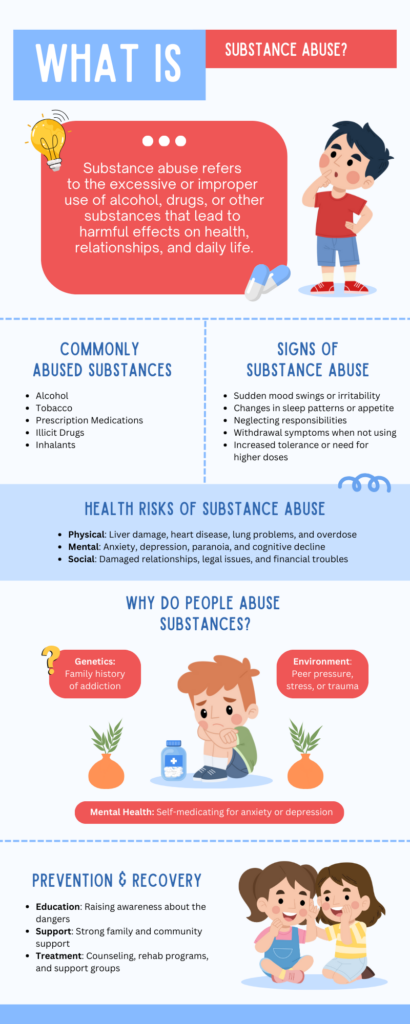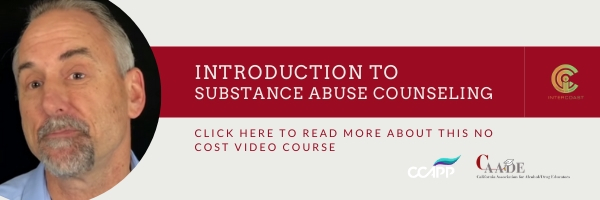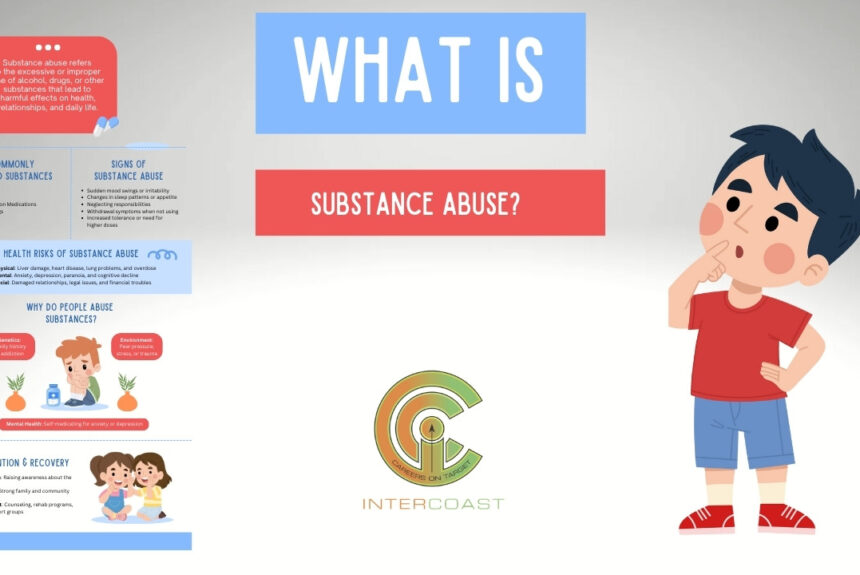
Understanding Substance Abuse: Key Facts and Prevention
Substance abuse refers to the excessive or improper use of alcohol, drugs, or other substances, leading to harmful effects on health, relationships, and daily life. It is a widespread issue that impacts individuals, families, and communities, causing both short- and long-term consequences.
Commonly Abused Substances
1. Alcohol – Often misused due to its legal status and social acceptance.
2. Tobacco – A leading cause of preventable health issues.
3. Prescription Medications – Painkillers, sedatives, and stimulants are commonly misused.
4. Illicit Drugs – Substances like cocaine, heroin, and methamphetamine.
5. Inhalants – Household products misused for their psychoactive effects.
Signs of Substance Abuse
Recognizing the signs of substance abuse is crucial for early intervention. Common indicators include:
• Sudden mood swings or irritability.
• Changes in sleep patterns or appetite.
• Neglecting responsibilities at home, school, or work.
• Experiencing withdrawal symptoms when not using substances.
• Increased tolerance, leading to a need for higher doses.
Health Risks of Substance Abuse
Substance abuse can affect multiple areas of an individual’s life:
• Physical: Liver damage, heart disease, lung problems, and risk of overdose.
• Mental: Anxiety, depression, paranoia, and cognitive decline.
• Social: Damaged relationships, legal troubles, and financial instability.
Why Do People Abuse Substances?
Substance abuse often stems from a combination of factors:
• Genetics: A family history of addiction increases susceptibility.
• Environment: Stress, peer pressure, or trauma can trigger misuse.
• Mental Health: Self-medication for conditions like anxiety or depression.
Prevention and Recovery
Addressing substance abuse requires a comprehensive approach:
1. Education: Raise awareness about the dangers of substance misuse.
2. Support: Encourage strong family and community involvement to aid recovery.
3. Treatment: Counseling, rehabilitation programs, and support groups are critical for long-term success.
By understanding the signs, risks, and underlying causes of substance abuse, we can better support those in need and promote prevention and recovery. For more information on treatment and resources, connect with trusted professionals or organizations in your community.


